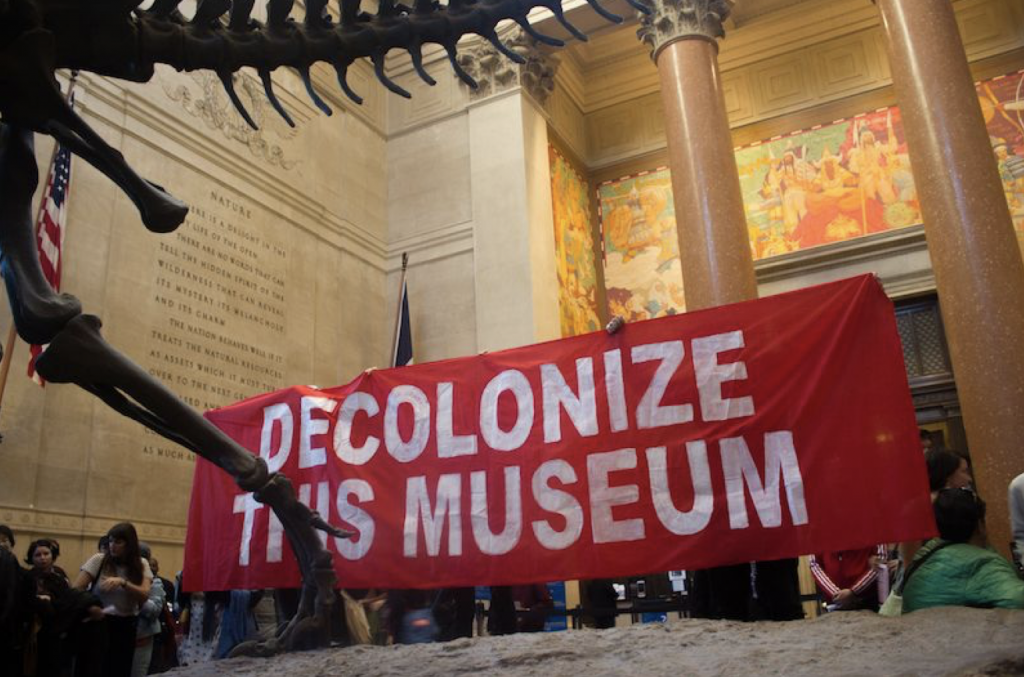
CMSI Lecture – Conceptualizing Postcolonial Museology as Epistemic Restitution: An African Perspective on Decolonizing European Museums
Event date and time: Tuesday 21 February, 16:00 – 17:30 CET
Location: Auditorium Vandenhove, Paviljoen Vandenhove (Centrum voor Architectuur en Kunst – Rozier 1, 9000 Gent)
Speaker: Clement Emeka Akpang (Institute for Advanced Study in Budapest).
As tangible and intangible legacies of European empires, ethnographic museums continue to revivify colonialism by distorting the history of the Other. Through the anthropological gaze, they misconstrue cultural differences as a cultural hierarchy, thus displaying African cultures, for example, in animated suspense that invokes imagined fossilized visions of the continent. These problems have led to agitations to decolonize western museums and subsequently heightened provenance research and restitution advocacies. However, the narrow political conception of restitution centered around object repatriation fails to address the more significant issue of decolonization. With restitution dissolving into aimless diplomatic politics, there is an urgent need to focus on repositioning African objects in Europe, rethinking their narratives and representations, and reframing African art history as epistemological restitution to Africa. The rationale is that there are an estimated 70,000 African objects at the Musée du Quai Branly in France, 69,000 at the British Museum, 37,000 at the Welt Museum in Austria, and 75,000 at the future Humboldt Forum in Germany, as well as 180,000 at the Muéee Royal de l’Afrique Centrale in Belgium. The Neprajzi Muzeum in Budapest houses over 3,000, not to mention thousands in private collections. Yet fewer than 30,000 of these artifacts are contested, meaning the rest may never return to their indigenous origins. This lecture will introduce the concept of postcolonial museology as a crucial framework to help European museums navigate their colonial past by restaging African art in their collections. It will advance the theory that decolonizing museum practices constitute an ethical recompense for imperial epistemicide and ongoing epistemic violence against Africa. The lecture sets out a plan for understanding the future of African art globally based on the collaborative deracializing of museum taxonomies by the global north and south, not on the tokenish repatriation of a few objects to Africa.
Clement Emeka Akpang is an associate professor of art, design, and African art theory. He has written two books titled Nigerian Modernism 1900-1965: Anti-Europeanization, Nationalism and Avant-garde Art (2019) and Analyzing Art: A Short Guide to Art Appreciation, Criticism and Research in Visual Arts (2020), both published by the University of Calabar Press. His current book project, Iconology of the Found Object in Sub-Saharan African Art, is under contractual review with Manchester University Press. Clement has published numerous articles on twentieth-century African avant-garde art, the found object, and contemporary African material cultures. He has participated in several solo and group art exhibitions in Britain, Indonesia, and Nigeria and delivered guest lectures in Germany, Austria, and the United States. He is currently a GIAS Core Fellow at the Institute for Advanced Study in Budapest.
